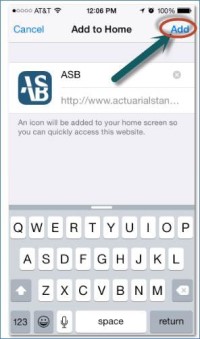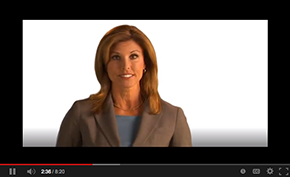The drafters of the Qualification Standards for Actuaries Issuing Statements of Actuarial Opinion in the United States (USQS), which took effect in 2008, believed continuing education (CE) to be so important that they raised the number of hours1 required from 12 to 30 per year, noting that:
Actuarial practice is grounded in the knowledge and application of actuarial science, a constantly evolving discipline. If actuaries are to provide their Principals with high-quality service, it is important that they remain current on emerging advancements in actuarial practice and science that are relevant to the Actuarial Services they provide.
The USQS also greatly broadened applicability by defining a statement of actuarial opinion as “an opinion expressed by an actuary in the course of performing Actuarial Services and intended by that actuary to be relied upon by the person or organization to which the opinion is addressed.” (Previously, the qualification standards had applied only to statements of actuarial opinion required by law, regulation, an actuarial standard of practice, and various accounting standards.)
These and other significant changes left actuaries with a lot of questions about the new requirements and how to meet them. To address these questions, the Committee on Qualifications issued FAQs on the U.S. Qualification Standards, which were expanded in 2014 and have been updated since then whenever the COQ receives a question on a topic of broad interest to the actuarial community. The FAQs cover questions related to area of practice, statements of actuarial opinion, specific qualification standards for NAIC annual statements, CE, and qualifications for principle-based reserves and blended opinions.
Of the 30 hours of relevant CE required annually, 3 hours must be on professionalism topics and 6 hours must be “organized”—that is, involving interaction with other professionals from another organization. No more than 3 hours may be on “business and consulting skills” topics. The 2008 USQS describes professionalism topics as including “studying, reviewing, or providing input on an Exposure Draft of an ASOP; studying or reviewing the Code of Professional Conduct; and serving on the ASB or a professionalism committee” and business and consulting skills topics as including “client relationship management, presentation skills, communication skills, project management, and personnel management.” Many of the FAQs address questions on what counts as “relevant,” “organized,” “professionalism,” and “business and consulting skills” CE.
When the COQ released an exposure draft of a proposed revision to the USQS last year, it received over 150 comment letters. Many of these letters asked the USQS to include some form of diversity, equity & inclusion (DEI) training in the CE requirements. (The second exposure draft, now open for comment, includes such a requirement. You may view the draft and comment on it here until Aug. 20.) Some letters also suggested changing FAQ 48 to allow DEI training to be considered professionalism. At the time, FAQ 48 said that diversity training “would likely better fit the examples for business and consulting skills, which are capped at 3 CE hours annually,” rather than professionalism.
After carefully considering the comments received, the COQ revised FAQ 48 to note that DEI training may count as professionalism in some instances. The new FAQ 48 reads as follows:
FAQ 48. How does diversity, equity, or inclusion training count toward professionalism topics and business and consulting skill topics under the continuing education requirements in the U.S. Qualification Standards?
Section 2.2.7 states that “Relevant continuing education includes not only technical topics in the actuary’s area of practice, but also includes business and consulting skills topics and professionalism topics.” This section goes on further to provide examples of these categories of topics.
DEI training may count toward the professionalism topic or business and consulting skills topic categories, depending upon how the training fits into the definition of these categories in section 2.2.7.
DEI training may count toward professionalism CE if, for example, the training is focused on how DEI should be considered in complying with the Code of Professional Conduct and actuarial standards of practice. Company ethics courses closely aligned to professional conduct may also count as professionalism.
Other types of DEI training may be classified as business and consulting skills CE, which is capped at 3 CE hours annually. Examples of such DEI training include those that specifically focus on interpersonal skills, leadership skills, and hiring and personnel management and that don’t cover technical or professionalism topics.
If you have a question about qualifications, we encourage you to review the FAQs on the U.S. Qualification Standards. Chances are, you’ll find the answer there. If not, you may submit a question to the Committee on Qualifications.
Footnotes
1 An hour is defined as 50 minutes, and fractions of an hour may be counted.




